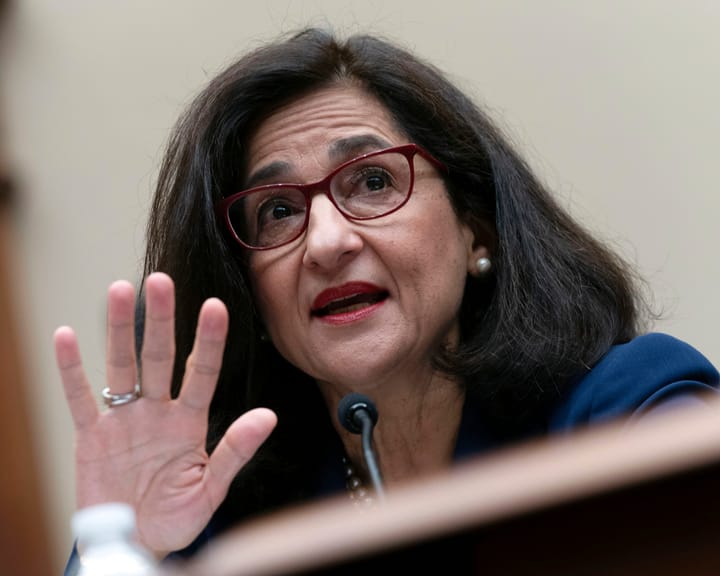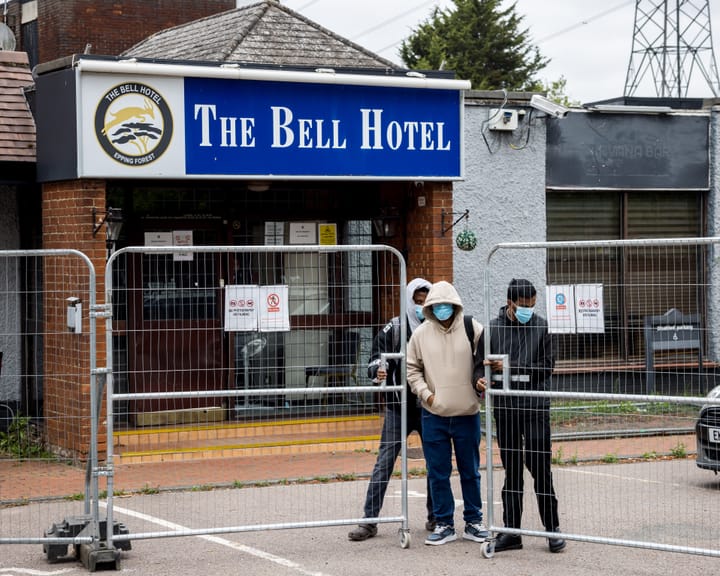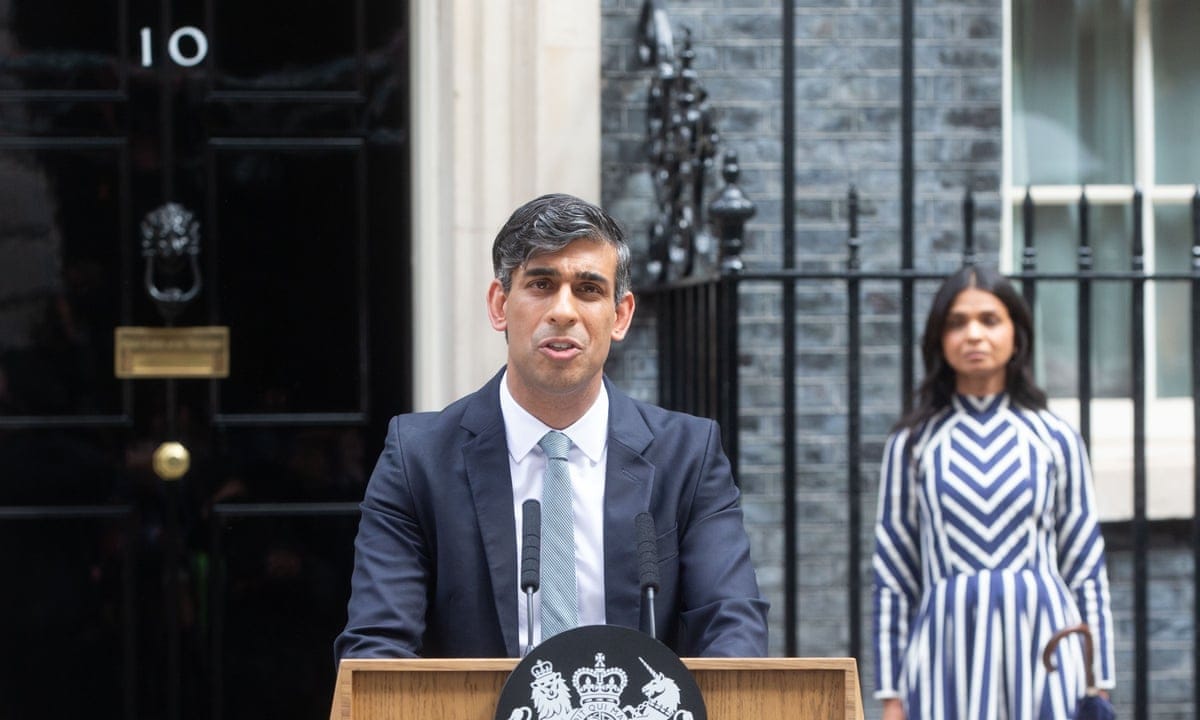Prime Minister Rishi Sunak has informed his fellow members of Parliament (MPs) that he intends to remain and assist with an organized transition for incoming leadership, according to sources close to him.
Taking up residence in the leader's office situated within Portcullis House, Sunak conducted his first meeting of the opposition's shadow cabinet on Tuesday. During this meeting, he participated in choosing a new speaker for the Commons, extending congratulations to Keir Starmer and acknowledging the challenging nature of their discussions.
Sunak expressed gratitude for being elected by his constituents as an MP, affirming his commitment to represent Richmond and Northallerton. He emphasized a dedication to undertaking opposition duties with humility and respect.
Concerns have been raised among allies regarding the possibility of Sunak seeking political opportunities across the Atlantic Ocean. However, he highlighted the significance of his constituency as having voted him in with an overwhelming majority.
In a Tuesday assembly at Westminster, Conservative MPs initiated the selection process for a new 1922 Committee composed of backbenchers, which will guide the timing for the next leadership contest. Geoffrey Clifton-Brown and Bob Blackman are currently competing to lead this influential group.
A growing preference among members seems inclined towards an extended period before electing a new leader in order to allow ample time for contemplation, possibly resulting in a transitional figure being appointed prior to party conventions. This prolonged process could be exploited by opposition parties, as some sources noted.
The newly formed backbench committee will deliberate on the potential need for revising rules concerning leadership elections, including whether aspiring candidates must garner a specific number of nominations before appearing on the ballot.
Given the considerable membership within the Conservative Party, initiating a no-confidence motion would require only 18 MPs to trigger a vote among all others present in Parliament.
Read next

"Starmer appoints ex-Bank deputy governor as top economic advisor"
Minouche Shafik to Become Keir Starmer’s Chief Economic Adviser
Former Bank of England deputy governor Minouche Shafik is expected to join Keir Starmer’s team as his chief economic adviser.
Her appointment comes as the prime minister’s office prepares for the autumn budget, following Shafik’s recent leadership

"Home Office wins appeal allowing asylum seekers to stay at Epping hotel"
The appeals court has determined that the injunction issued by the high court should not have been approved.
Those involved acknowledge they have become part of a broader discussion about how asylum seekers are managed and urge the public to recognize that the Bell hotel was only fulfilling a government-mandated

"Scottish Greens' new leaders push for universal income and free bus fares"
Scottish Greens' new leaders, Ross Greer and Gillian Mackay, have pledged to advocate for a universal income, free bus travel, and increased taxes on high earners following a subdued leadership race.
Greer and Mackay, previously backbench MSPs at Holyrood, were elected co-conveners of the Scottish Greens with a notably

